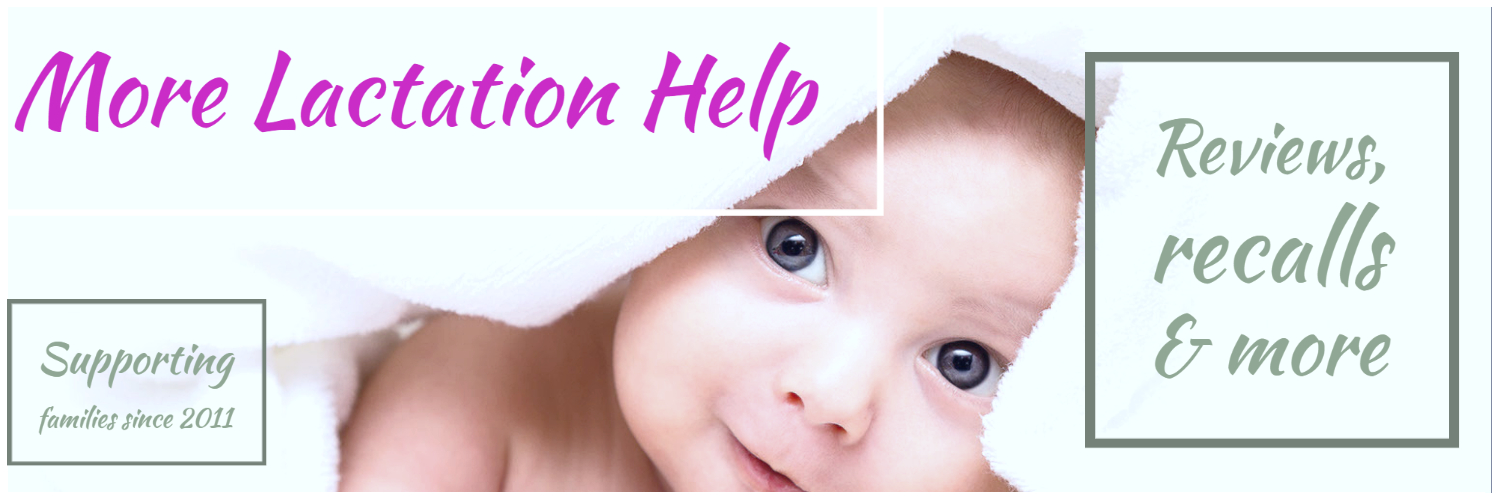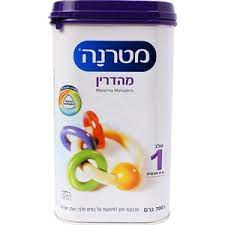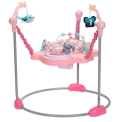Materna Mehadrin (phase one) - Cronobacter bacteria
Cronobacter bacteria found in Materna Mehadrin (phase one)
Ages 0 to 6 months
July 18, 2023
The Jerusalem Post reported that Cronobacter bacteria has found in Materna Mehadrin (phase one) in the Israeli production line.
The story notes the company removed has removed this product from shelves and cleaned the factory under the supervision of the Health Ministry.
How was this found?
Both The Health Ministry and the company, Materna, shared that the abnormal findings of this bacteria were discovered as part of quality control at the factory and that the infected formula did not reach the market.
Thank goodness this batch was caught before it was shipped out to stores!
They note, “As part of the expansion of our sampling, additional findings were found in the production environment, but as stated in the company’s report, in light of the findings, the factory stopped the production of the formula for maintenance and cleaning operations,” the ministry said. “We continue to constantly monitor and verify that food businesses fulfill their responsibility towards the consumer to maintain food safety to protect public health.”
How does this impact families?
There will probably be a shortage of the product which is favored by haredi (ultra-Orthodox) families. This shortage is due to the required higher level of rabbinical supervision needed to produce this formula and the fact that it is made from cow’s milk at farms run by Jews (Halav Yisrael).
What are the dangers of Cronobacter bacteria contamination
Cronobacter bacteria can cause fever and even a dangerous blood infection called sepsis. Also cronobacter bacteria can make the linings surrounding the brain and spinal cord swell, this results in meningitis and, in rare cases, the death of infants.
Especially vulnerable to this bacteria are newborns under two months of age and those babies who were born prematurely, babies with weakened immune systems or who had a low birth weight.
What are the symptoms to look for in babies?
Usually the first symptom is as fever combined with poor feeding, excessive crying (similar to colic) or a baby suddenly having very low energy.
Some babies may have seizures.
Why does this bacteria keep getting into powered baby formula?
The Cronobacter pathogen is naturally found in the environment. This bacteria is particularly good at surviving in low-moisture, dry foods such as powdered infant formula.
From a processing facility
In a processing facility that is making powdered infant formula, Cronobacter bacteria can get into the powdered formula if
- the manufacturer uses contaminated ingredients to make the formula
- the equipment manufacturing the formula gets contaminated
From your home
Even if the bacteria was not in the formula when you brought it home from the store, you can accidentally get Cronobacter in powdered formula after you open the container.
This bacteria can live on surfaces in your home on a kitchen counter or sinks, and even in water.
It is important to clean all the surfaces of your home and your hands before mixing powdered formula because if you place formula lids or their scoops on a contaminated surfaces that can transfer into the formula powder.
Similarly, if you mix the formula with contaminated water or accidently use a contaminated bottle or nipple or even a cup, the bacteria can pass into the formula or to the baby.
Always read the labels of the powdered formula you are using to ensure that you are following the proper guidelines on that manufacture's label, especially for the temperature of the water recommended to mix it.
Important to note
All powdered formula is not sterile and might have germs in it.
General Formula Use
It is always a good idea to track the information on your formula that you are feeding your baby.
Including the name of the formula company, the type of formula, the size of the can, the date of manufacture, the batch number (found on the bottom of every can) and store it in a file case of any adverse reactions or recalls.
Jacqui
The More Lactation Help Blog contains affiliate links
As an Amazon Associate, I earn from qualifying purchases.
All purchases made through affiliate links support creating our website content, referenced articles, blog posts and helps to provide families who cannot afford our consultant fees access our IBCLCs for their breastfeeding issues.
Looking for more information to support breastfeeding? Be sure to visit our main website, LactationHelp, for articles, videos and more.
.





Comments
Post a Comment